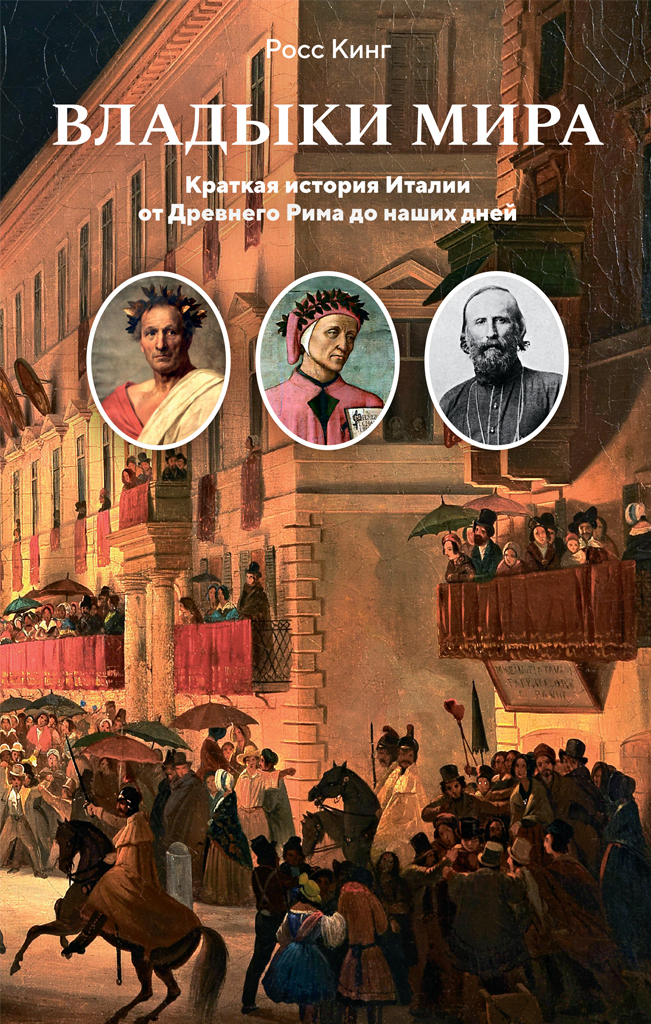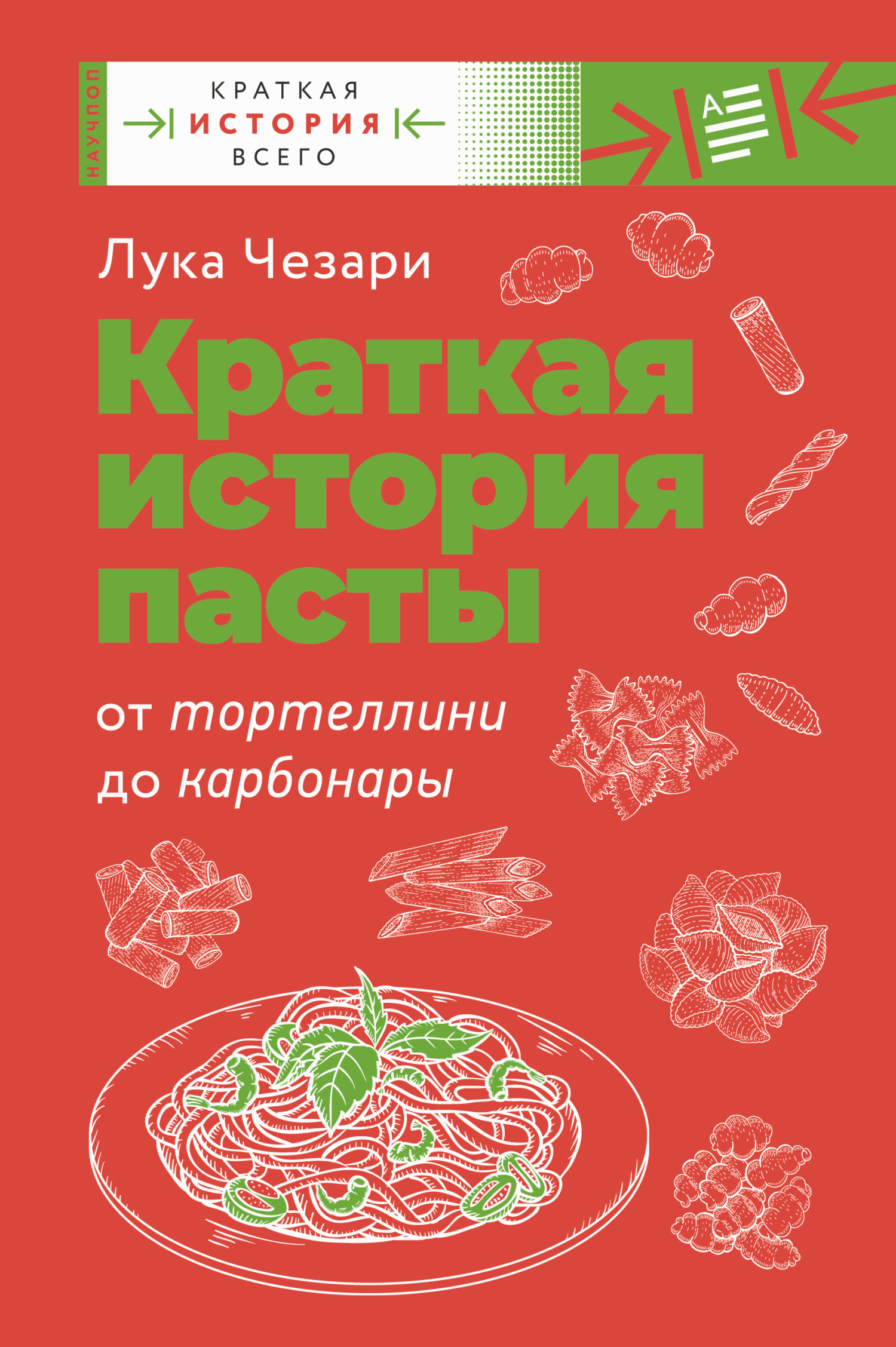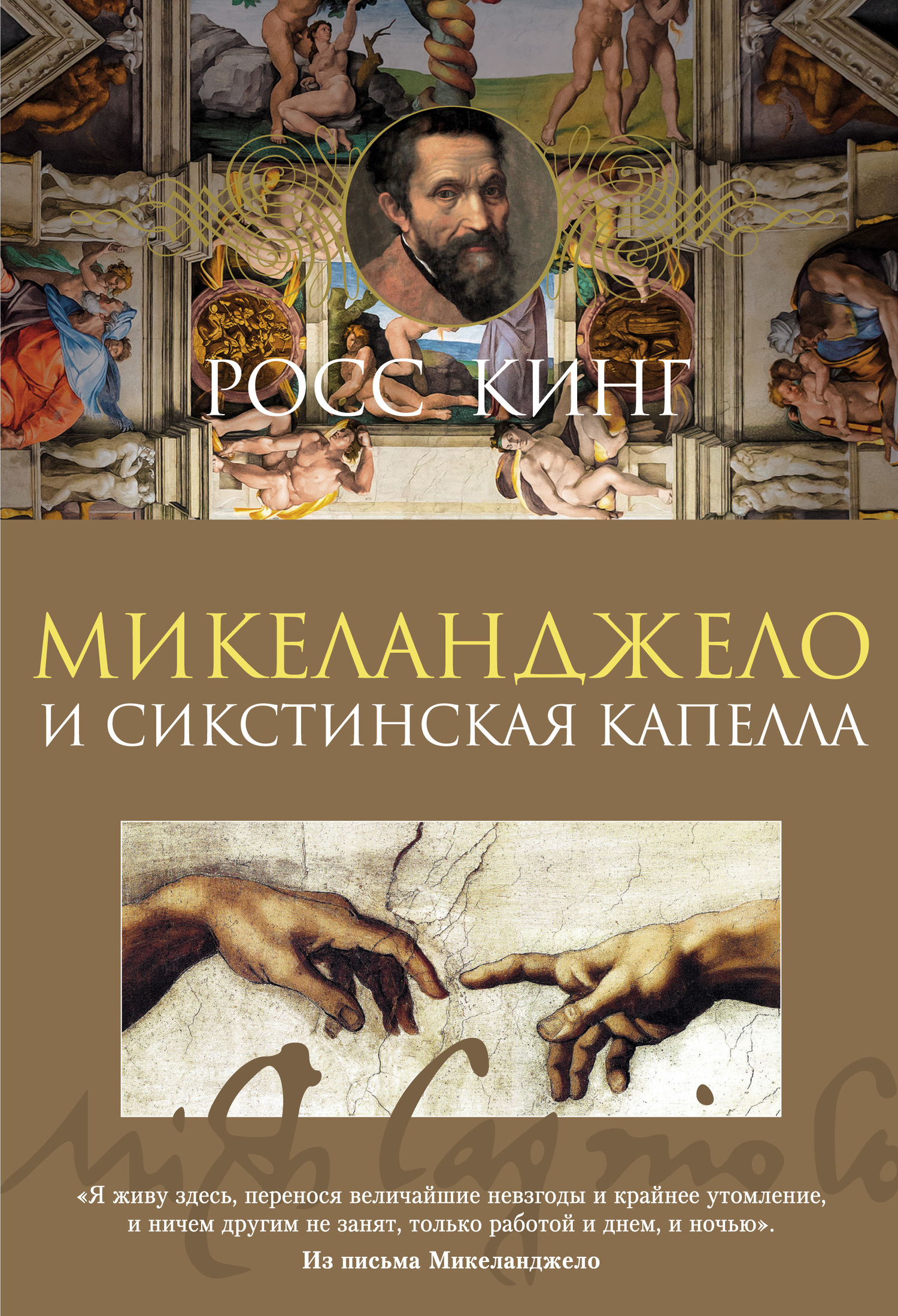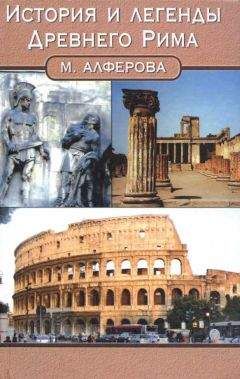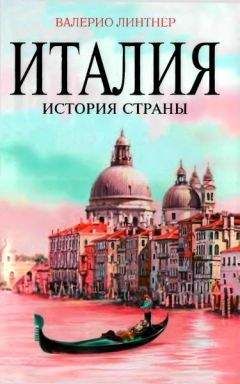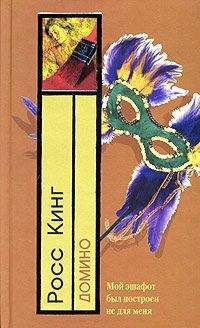ll. 107–108, in
The Divine Comedy, trans. C.H. Sisson (Oxford: Oxford University Press, 1993).
10. Dante, ‘Purgatorio’, VI, ll. 124–125.
11. The Opus Major of Roger Bacon, trans. Robert Belle Burke (Philadelphia: University of Pennsylvania Press, 1928), vol. 1, p. 233.
12. Mornings in Florence, in The Complete Works of John Ruskin, LLD (Philadelphia: Reuwee, Wattley & Walsh, 1891), vol. 14, p. 36.
13. Millard Meiss, Painting in Florence and Siena after the Black Death (Princeton: Princeton University Press, 1951).
14. Edwin S. Hunt, The Medieval Super-Companies: A Study of the Peruzzi Company of Florence (Cambridge: Cambridge University Press, 1994).
15. Barbara Tuchman, A Distant Mirror: The Calamitous 14th Century (New York: Alfred A. Knopf, 1978).
7. Итальянский золотой век: Ренессанс
1. Marsilio Ficino, Opera Omnia (Turin: Bottega d’Erasmo, 1959), p. 944.
2. Robert S. Lopez, ‘Hard Times and Investment in Culture’, in The Renaissance: A Symposium (New York: Metropolitan Museum of Art, 1953), pp. 19–34.
3. David Herlihy and Christiane Klapisch-Zuber, Tuscans and Their Families: A Study of the Florentine Catasto of 1427 (New Haven: Yale University Press, 1985).
4. Richard A. Goldthwaite, The Building of Renaissance Florence: An Economic and Social History (Baltimore and London: The Johns Hopkins University Press, 1980).
5. Hans Baron, The Crisis of the Early Italian Renaissance: Civic Humanism and Republican Liberty in an Age of Classicism and Tyranny, 2 vols. (Princeton: Princeton University Press, 1955).
6. Frederick Hartt, ‘Art and Freedom in Quattrocento Florence’, in ed. Lucy F. Sandler, Essays in Memory of Karl Lehmann (Locust Valley, NY: New York University Institute of Fine Arts, 1964), pp. 114–131.
7. Giorgio Vasari, Lives of the Artists, trans. George Bull (London: Penguin, 1965), vol. 1, p. 175.
8. Niccolò Machiavelli, The Prince, trans. Peter Bondanella (Oxford: Oxford University Press, 2005), p. 87.
9. Цитируется по Marino Sanuto, I Diarii di Marino Sanuto, ed. Federico Stefani et al. (Venice: Visentini, 1896), vol. 45, p. 219.
10. Robert Bonfil, Jewish Life in Renaissance Italy, trans. Anthony Oldcorn (Berkeley: University of California Press, 1994).
11. William Eamon and Françoise Paheau, ‘The Accademia Segreta of Girolamo Ruscelli: A Sixteenth-Century Italian Scientific Society’, Isis, vol. 75 (June 1984), pp. 327–342.
12. Цитируется по Palladio’s Rome: A Translation of Andrea Palladio’s Two Guidebooks to Rome, ed. and trans. Vaughan Hart and Peter Hicks (New Haven: Yale University Press, 2006), p. xxv.
13. Margaret Rose, ‘The First Italian Actresses, Isabella Andreini, and the Commedia dell’Arte’, in The Palgrave Handbook of the History of Women on the Stage, eds. Jan Sewell and Clare Smout (London: Palgrave Macmillan, 2020), p. 110.
14. Цитируется по Rose, ‘The First Italian Actresses’, pp. 108–109.
15. Цитируется по Iain Fenlon, ‘The Mantean “Orfeo”’, in ed. John Whenham, Claudio Monteverdi: Orfeo (Cambridge: Cambridge University Press, 1986), p. 1.
16. Цитируется по Ellen Rosand, Opera in Seventeenth-Century Venice: The Creation of a Genre (Berkeley: University of California Press, 1991), p. 9.
17. Vincenzo Galilei, Discorso Intorno all’Opere de M. Gioseffo Zarlino (Venice, 1589), p. 120.
18. Galileo Galilei, Sidereus Nuncius, or, The Sidereal Messenger, trans. with introduction, conclusion and notes by Albert Van Helden (Chicago: University of Chicago Press, 1989), p. xviii.
8. «Лети, мысль, на золотых крыльях»: Италия в эпоху Просвещения
1. Цитируется по Early Modern Spain: A Documentary History, ed. Jan Cowans (Philadelphia: University of Pennsylvania Press, 2003), p. 189.
2. ‘Il Caffè’, in Articoli Tratti dal Caffè (Milan: Nicolò Bettoni, 1829), p. 9.
3. Arthur Young, Travels During the Years 1787, 1788 and 1789 (Dublin, 1793), p. 471.
4. Antonio Genovesi, Opere Scelte (Milan, 1828), p. 73.
5. Цитируется по Marianna Prampolini, La Duchessa Maria Luigia: Vita Familiare alla Corte di Parma: Diari, Carteggi Inediti, Ricami (Bergamo: Istituto Italiano Arti Grafiche, 1942), p. 112.
6. Цитируется по Leonardo Farinelli, Maria Luigia, Duchessa di Parma (Milan: Rusconi, 1983), p. 45.
7. Цитируется по The Foreign Quarterly Review (October 1835), p. 48.
9. «Здесь мы создаем Италию»: Рисорджименто
1. Klemens Wenzel von Metternich, Mémoires, Documents et Écrits Divers Laissés par le Prince de Metternich Chancelier de Court et d’État, 8 vols. (Paris, 1881–84), vol. 7, p. 393.
2. The Foreign Quarterly Review (London, 1830), p. 158.
3. Цитируется по Claudio Povolo, The Novelist and the Archivist: Fiction and History in Alessandro Manzoni’s ‘The Betrothed’, trans. Peter Mazur (Basingstoke: Palgrave Macmillan, 2014), p. 7.
4. Verdi, Lettere, ed. Eduardo Rescigno (Turin: Giulio Einaudi, 2012), p. 199.
5. Цитируется по Mariachiara Fugazza and Karoline Rörig, eds., ‘La Prima Donna d’Italia’: Cristina Trivulzio di Belgiojoso tra Politica e Giornalismo (Milan: FrancoAngeli, 2010), p. 7.
6. Цитируется по Harry Hearder, Cavour (Abingdon, Oxon.: Routledge, 2013), p. 19.
7. Цитируется по Hearder, Cavour, p. 43.
8. Цитируется по Denis Mack Smith, Cavour (London: Weidenfeld and Nicolason, 1985), p. 139.
9. Цитируется по Christopher Hibbert, Garibaldi: Hero of Italian Unification (Basingstoke: Palgrave Macmillan, 2008), p. 4.
10. Цитируется по Alfonso Scirocco, Garibaldi: Citizen of the World, trans. Allan Cameron (Princeton: Princeton University Press, 2007), p. 6.
11. New-York Tribune, 30 July 1850.
12. Цитируется по Denis Mack Smith, Garibaldi (London: Hutchinson, 1957), p. 97.
13. Denis Mack Smith, Italy and Its Monarchy (New Haven and London: Yale University Press, 1989), p. 5.
14. Цитируется по Mack Smith, Cavour, p. 274.
15. Цитируется по Joseph Redlich, Emperor Francis Joseph of Austria: A Biography (Hamden, CT: Archon Books, 1965), p. 273.
16. Обсуждение этой известной фразы – которую, по мнению авторов, д’Адзельо никогда не произносил, – можно найти здесь: Simonetta Soldani and Gabriele Turi, eds., Fare Gli Italiani: Scuola e Cultura nell’Italia Contemporanea (Bologna: Mulino, 1993), vol. 1, p. 17.
17. Armando Petrucci, ‘Alfabetismo’, Enciclopedia Italiana, vol. 5, Appendice (1991), online edition.
18. John Gooch, The Unification of Italy (London: Methuen, 1986), p. 33.
19. Цитируется по Nelson Moe, ‘“Altro che Italia!” Il Sud dei Piemontesi (1860–1861)’, Meridiana (September 1992), p. 68.
20. Цитируется по Lucy Riall, Politica Liberale e Potere Locale, 1815–1866 (Einaudi, Torino 2004), p. 143. За информацию об этих проблемах Север – Юг я в долгу перед обсуждением в Riall’s ‘Il Sud e i Conflitti Sociali,’ in Giovanni Sabbatucci and Vittorio Vidotto, eds., L’Unificazione Nazionale (Rome: Treccani, 2011), pp. 129–149.
21. Цитируется по Moe, ‘Altro che Italia!’, p. 67.
22. Leopoldo Franchetti, quoted in Jane Schneider and Peter Schneider, ‘Mafia, Antimafia, and the Plural Cultures of Sicily’, Current Anthropology, vol. 46 (August/October 2005), p. 504.
23. Luciano de Pascalis and Diego
